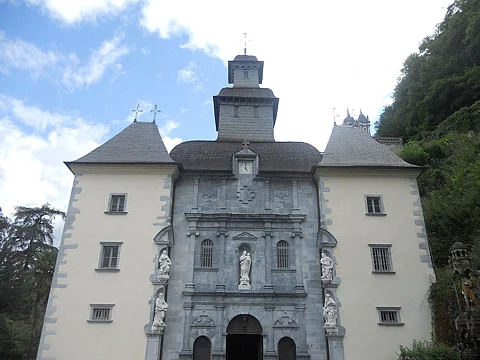

French Prime Minister François Bayrou struck a defiant tone during a tense parliamentary hearing on Wednesday, denying allegations that he had prior knowledge of decades of physical and sexual abuse at a Catholic school in southwestern France.
The 73-year-old centrist, who served as education minister from 1993 to 1997, insisted he had only learned of the allegations through media reports. "I had nothing to hide," Bayrou told the investigative commission, which is examining whether officials failed to act on abuse claims at the Notre-Dame de Bétharram school near Pau.
The hearing marked one of Bayrou’s most delicate moments since becoming prime minister five months ago. Under scrutiny from lawmakers, he rejected opposition claims that he had been aware of systemic abuse at the school, where several of his children were students and his wife once taught.
"I received no information beyond what was reported in the press," Bayrou said, framing the inquiry as a long-overdue reckoning for victims. "This hearing is very important—for the boys and girls who have been victims of violence, particularly sexual violence, for decades."
Tensions flared as commission co-rapporteurs Paul Vannier (hard-left France Unbowed party) and Violette Spillebout pressed Bayrou on his knowledge of alleged assaults and rapes at the school. At one point, Bayrou accused Vannier of trying to "fuel a scandal" and questioned the commission’s objectivity.
Bayrou’s statements have been challenged by multiple witnesses, including former judge Christian Mirande, who handled a 1998 rape case against the school’s then-director, Father Jean-Michel Carricart. Mirande testified that Bayrou had visited him during the investigation, expressing concern for his son—a claim Bayrou initially denied before calling the encounter "fortuitous."
Further complicating matters, Bayrou’s eldest daughter, Hélène Perlant, revealed in April that she had been beaten by a priest at the school when she was 14, though she maintained her father was unaware of the incident.
The scandal has eroded Bayrou’s credibility, with his approval ratings dropping to 27% in a recent poll. Analysts suggest the affair could embolden political rivals, even if it doesn’t immediately topple his government.
President Emmanuel Macron has publicly backed Bayrou, telling TF1 television: "We have talked about it a lot, and I know that I have confidence in him."
The commission’s findings, expected by late June, could determine whether Bayrou retains his post—or becomes the latest casualty of France’s deepening political turmoil.